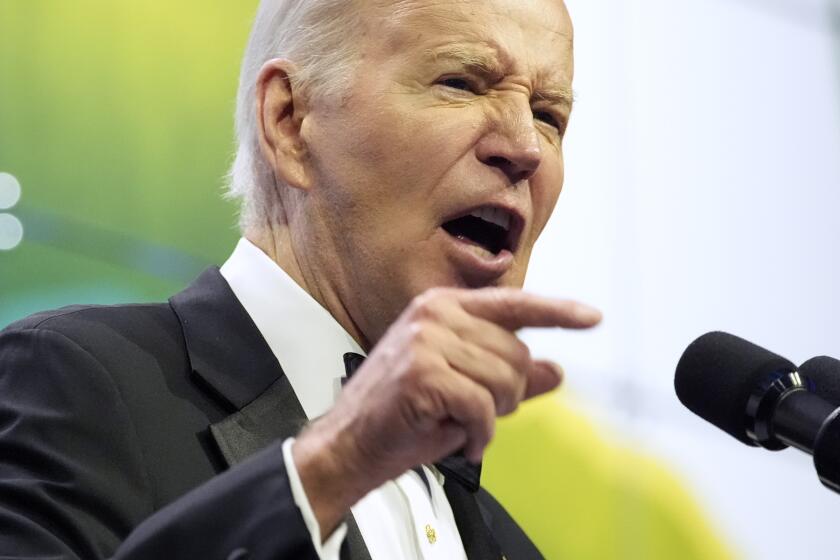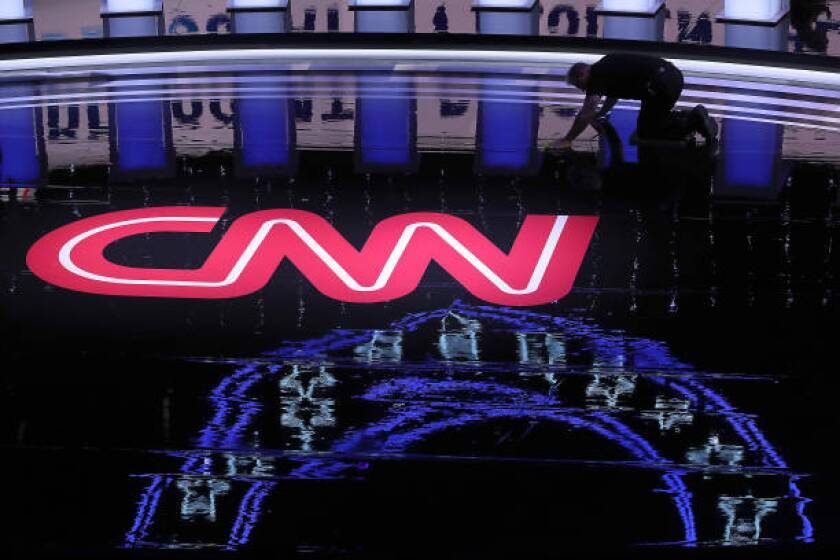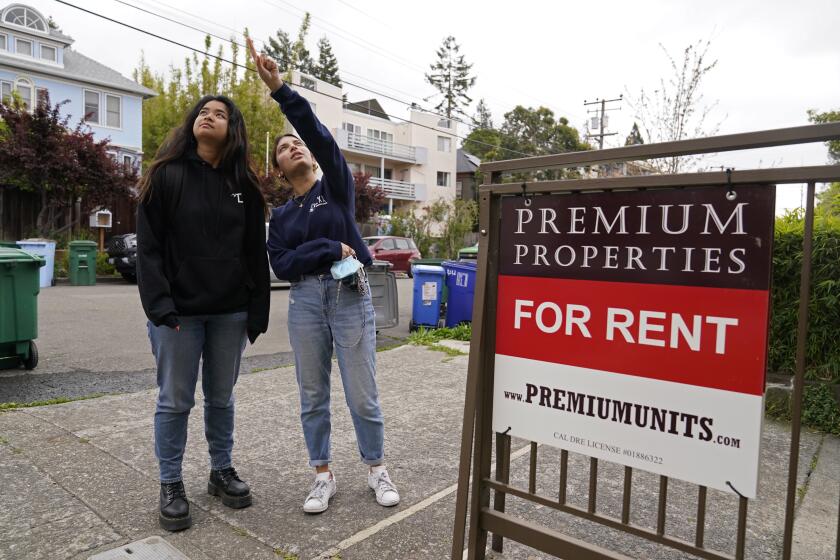House Panel to Hold Hearings on Blackout
A key House committee announced Tuesday that it would hold hearings in early September on last week’s massive Northeast blackout, in what is likely to be the first thorough public accounting of what went wrong.
Separately, President Bush predicted congressional agreement on legislation that includes provisions to strengthen the electric grid, and the Energy Department took the lead in probing the power failures.
House Energy and Commerce Committee Chairman W. J. “Billy” Tauzin (R-La.) said he has asked top officials of the Bush administration and the electric industry to testify at the congressional hearings, as well as New York Gov. George E. Pataki and New York City Mayor Michael R. Bloomberg.
The committee has broad jurisdiction over U.S. industries, from health care to oil wells to telecommunications, and a reputation for aggressive investigations and freewheeling questioning of witnesses.
The hearings, scheduled for Sept. 3 and 4, “will examine why the blackout occurred, why it was not prevented by federal, state and private sector efforts that have already taken place, and how future blackouts can be prevented,” Tauzin said in a letter to prospective witnesses.
The committee said it also is seeking information from utility companies and grid operators in the Midwest, New York and New England, as well as from state officials in Michigan and Ohio.
Estimates of economic losses because of the blackout have hit as high as $4 billion to $6 billion.
Investigators are focusing on two main issues: the initial disruption and its causes, and the failure to contain the problem in the Northeast and parts of Canada.
Less clear is whether policymakers will examine broader issues, such as the role of deregulation. Several industry experts have noted that deregulation, while it cannot be singled out as a direct cause of the blackouts, has contributed to congestion on the wires and perhaps also to neglect of the transmission infrastructure.
Consultant Robert McCullough, a leading analyst of California’s energy crisis, said he believes some of the problems may lie with centralized control of the transmission grid within geographic regions, such as the Midwest and New York. Central control of the grid has accompanied marketplace deregulation, because it facilitates the buying and selling of electricity as a commodity.
McCullough urged investigators to examine whether existing limits on the flows of power among control areas are providing adequate safeguards, or whether they contribute to instability.
“The question that should be raised in New York is the same as that was raised two years ago in California -- is the centralization of the electric system good public policy?” McCullough asked. “The fact that the blackout affected areas that have been centralized under [federal] guidance may well be a coincidence, but even a coincidence should receive a careful review in a failure this massive.”
However, Energy Secretary Spencer Abraham said his department’s probe would focus on the specific events in the sequence of failures.
“At this point, the scope begins with an analysis of what specifically happened last week,” Abraham said at a news conference. “Our first principle is to figure out what went wrong. We don’t want to put the cart before the horse.”
Abraham is to meet today in Detroit with his Canadian counterpart, Herb Dhaliwal, to set a framework for a joint U.S.-Canadian investigation. Already, a few hundred Energy Department technicians are working on the probe, examining the records of utilities and grid operators.
Abraham said the government inquiry would be independent. “There is no effort to hold back this investigation or to hold back the findings we may come up with,” he said.
President Bush, speaking to reporters while on a summer break at his ranch near Crawford, Texas, said he had received assurances from House and Senate leaders that a compromise energy bill would be on his desk shortly. The legislation contains stricter standards for operating the electric grid and the House bill provides incentives for building new transmission lines.
“One thing is for certain, they are confident that they’ll have a mandatory reliability standard in the energy bill,” he said. “What that means is that companies transmitting energy will have to have strong reliability measures in place. Otherwise, there will be a consequence to them. There’ll be incentives in the new bill that encourage investment in energy infrastructure.”
Industry experts, however, caution that it may take a decade to bolster the country’s electric transmission infrastructure, and that another massive blackout cannot be ruled out.
More to Read
Get the L.A. Times Politics newsletter
Deeply reported insights into legislation, politics and policy from Sacramento, Washington and beyond. In your inbox three times per week.
You may occasionally receive promotional content from the Los Angeles Times.






